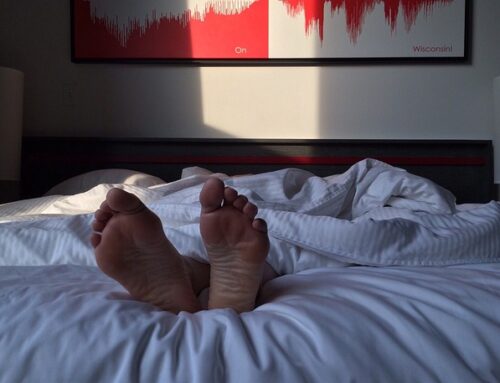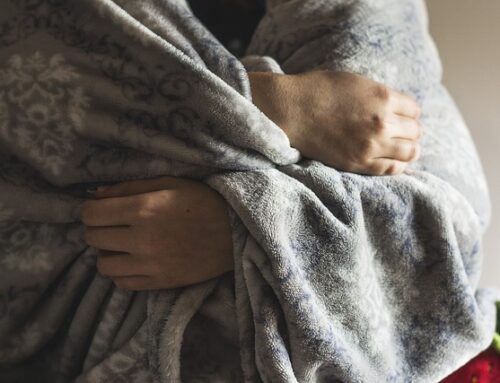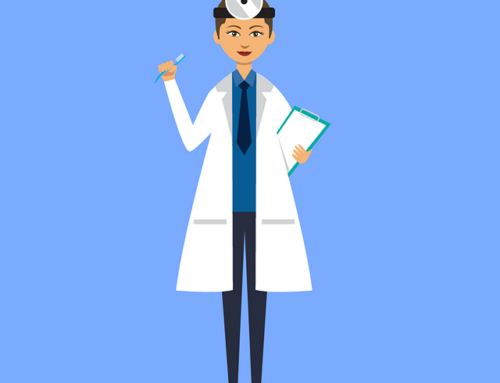It is vital that our patients get a good night’s sleep every night, especially after a long, stressful day. But what happens if they are not getting enough restful sleep? It can significantly impact their daily lives. When patients are not getting adequate sleep they may wake up exhausted because of sleep apnea or another sleep disorder. To help your patients improve their sleep every night, here are four tips for them to follow.
Only sleep in the bedroom
The more you use your bedroom for daily activities, the harder it will be to fall asleep each night. Make sure you only use the bedroom for sleeping and sexual activity. This means it is important to avoid reading, watching TV, eating and talking on the phone while in bed.
You should also try to do your thinking elsewhere. If you are lying awake thinking in bed, it can take a toll on your ability to sleep. Save your problem solving for the living room, dining room or office. And make sure to move your clock out of view or cover it. If you look at the clock when you can’t fall asleep, it will only make matters worse.
Complete daily exercise
If you want to deepen your sleep, there is a solution to keep in mind: exercise! However, it is important to take note of what time you are working out. If you workout too close to bedtime, it can disrupt your sleep. Instead, try to finish exercising at least three hours before you go to sleep. A great time to workout is in the morning–it helps give you energy and gets your day going.
And while exercising daily will help you burn more calories, you will often get hungry more than before. Be mindful of when you are hungry. Going to bed hungry can prevent you from falling asleep. If you are hungry, have a light snack. But make sure you do not eat a big meal before bed. Your stomach and intestinal activity slow down and food is not well digested during sleep.
Skip alcohol and tobacco
Alcohol might help some people fall asleep at the start of the night, but that sleep will become fragmented, which means you won’t feel well rested. Occasional social use of alcohol in moderate amounts is fine for most people, but regular use or large quantities of drinking may be a significant problem for sleep. Additionally, tobacco of any kind disrupts sleep, so avoid it at all costs.
Get treated for sleep apnea
Loud, disruptive snoring may strain relationships, but it may also signal a potentially life threatening disorder: obstructive sleep apnea (OSA). To help with the treatment of sleep apnea, talk to Dr. Patel to learn more about oral appliance therapy. The American Academy of Dental Sleep Medicine has deemed oral appliance therapy as a recommended form of treatment for adults with obstructive sleep apnea who are CPAP intolerant or prefer an alternate therapy option. By treating your sleep apnea, you can be on your way to a better night’s sleep.
It is important that our patients get a good night’s sleep every night. And if they suffer from sleep apnea, then it is vital that they receive proper treatment.





